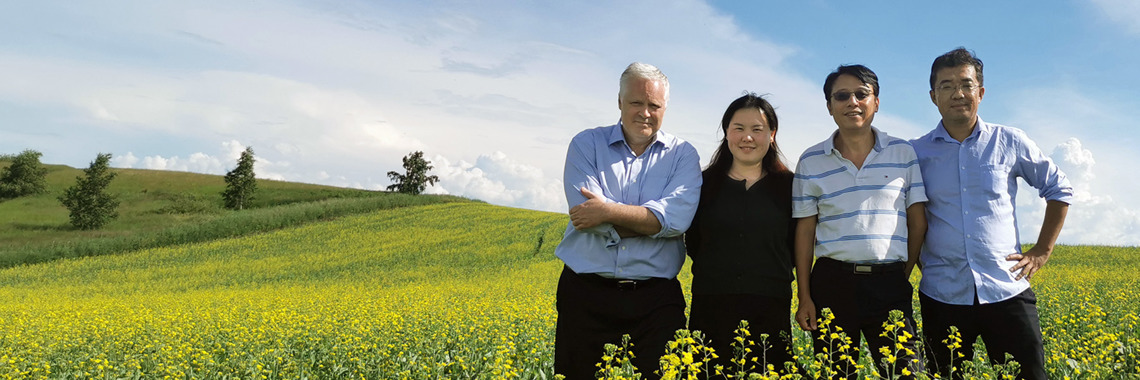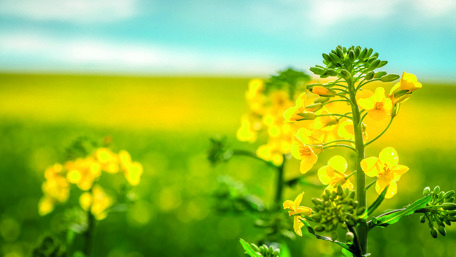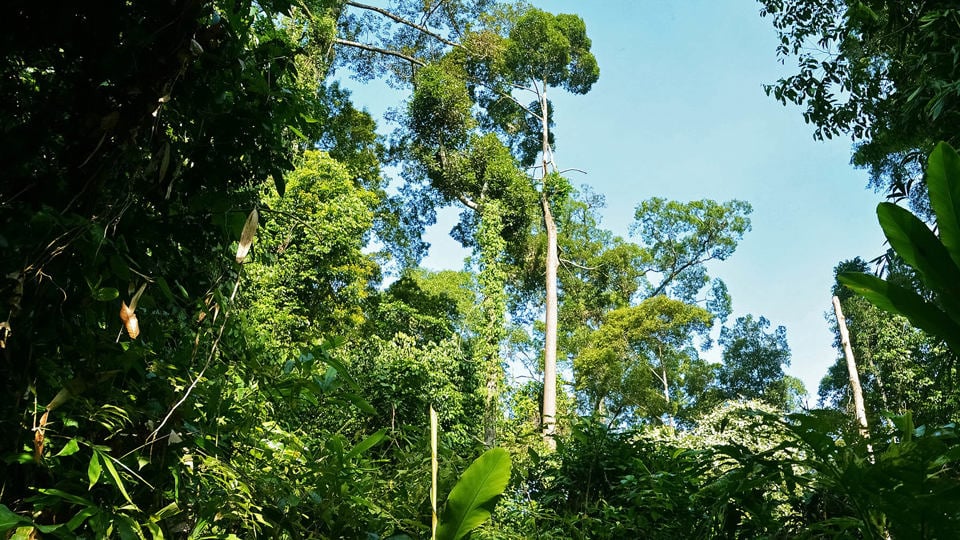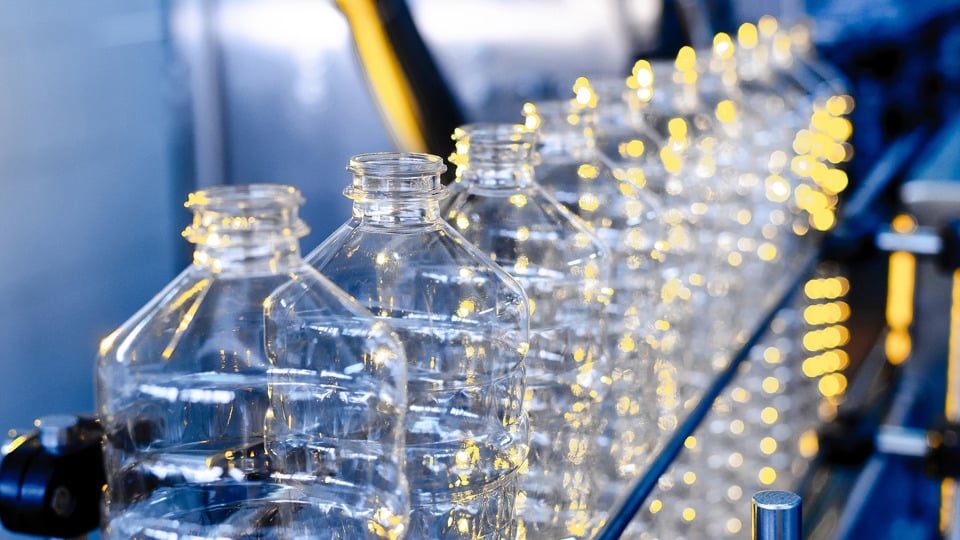Due to public health and sustainability concerns, many companies and customers have started to incorporate increased quality and sustainability requirements into their operations in China, in line with European guidelines and their company commitments.
Since 2021, AAK China has been working with a domestic rapeseed oil supplier to enable and meet these requirements, and have initiated a long-term strategic partnership to build an even more resilient and sustainable supply chain.
Our supplier is based in Inner Mongolia, a major rapeseed agricultural area. With its strengths in supply chain management, the supplier has close relations with local farmer cooperatives to ensure high levels of quality, productivity, and traceability, as well as maintaining agricultural areas after harvest.
The partnership targets raised quality requirements and increased transparency of the rapeseed oil supply chain in China.
“In China, rapeseed oil is mainly imported, which created challenges during the pandemic”, says Caroline Xu, S&T Manager at AAK China. “At the same time, many global key accounts and Chinese leading players have already, or are on their way to tightening the quality standards and are showing increased expectations when it comes to food safety and sustainability.”
As an industry pioneer, AAK has vast practical experience in sustainability and in controlling quality levels, not only within the refinery process, but also covering the upstream supply base.
“That’s why we are capable of working with key accounts ahead of market competition”, says Parker Pan, QA/QC Manager at AAK China.
The initial plan covered plant audit requirements, contaminant control and technical improvements, a farmer workshop, and an on-site plant and farmland audit.
AAK representatives from the leadership team, S&T, QA/QC, and Customer Innovation, shared knowledge about the prevention of food safety hazards in the upstream supply chain, and engaged with the supplier in the implementation of specific actions.
Four months into the program, most of the agreed actions have reached set targets. A traceability system has been established and has achieved 100 percent traceability; all the machine lubricants have switched to food grade lubricants to avoid the risk of substances with potential health concerns such as mineral oil; all the processing facilities are now equipped with necessary accessories to minimize mineral oil traces; all the farmers and workers involved have been trained in good agricultural and manufacturing practices.
“This is a firm step to build an even more resilient supply chain in response to external and uncontrollable factors as well as to improve sustainability in China”, says Raymond Due, General Manager AAK China. “It is a proactive approach to create value for our stakeholders, and it brings a positive impact across the whole supply chain.”






